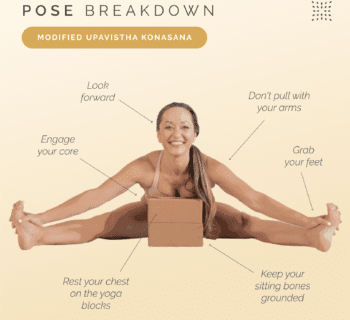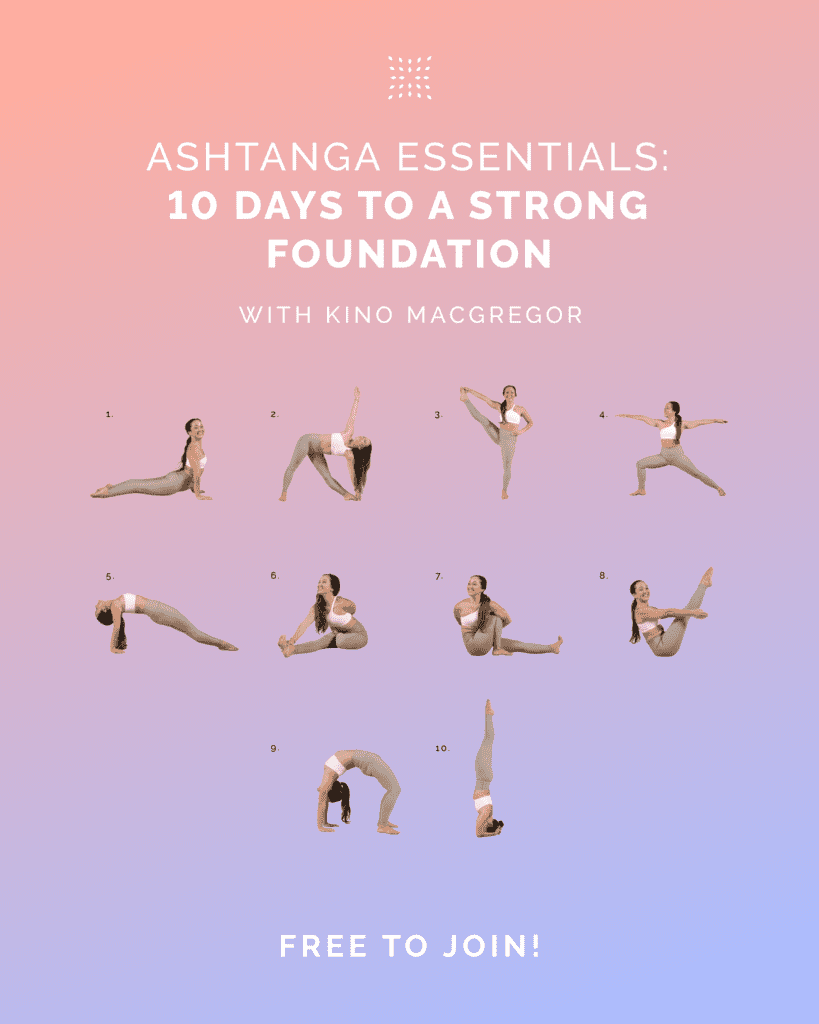PMS making you crazy? Hot flashes? Anxiety? As women, our amazing and beautiful bodies take us on rides that sometimes feel empowering and strong, and sometimes like an out-of-control circus ride.
Since our pre-teen years, we’ve heard, read, and used “Hormones” with a capital H as an excuse for erratic behavior, poor decision-making, physical “imperfections” and generally anything that we’ve done that we don’t want to take responsibility for. OK, maybe it’s not quite that bad, but let’s be honest: do you love and respect, or loathe and despair over your hormones and the waves they bring?
Straight up: Hormones are our internal chemical messengers that keep our bodies moving. More than 200 hormones have been identified in the human body that include testosterone, progesterone, estrogen, adrenaline, insulin, and cortisol. We need to start recognizing all of the ways that they work FOR us in addition to the not-so-fun ways.
Feeling hungry? Your hormones are working.
Feeling sleepy? Hormones.
Feeling scared? Hormones.
Growth spurt in your youth? Hormones.
Runner’s high? Hormones.
Pregnancy glow? Hormones.
Why do guys put on muscle more easily or lose weight more quickly? Hormones.
Your Hormones are working for you. We all know the prescriptions for increasing those lovely, happy hormones: intense exercise, hugging, laughing, aromatherapy, sunshine, sex, eating spicy foods. Yes. They all work. We know what they feel like when they kick in, and we pretty easily surrender to the wave of positive hormones to ride it as long as we can. We like feeling good, right?
How does that differ from the way we meet the less-delightful waves of hormones? The spikes and dives? What if we could find a way to meet “negative” hormonal imbalance with just enough surrender to stop fighting and allow ourselves to feel our way to the shortest path back to balance?
The beautiful martial art of Aikido illustrates how I’m trying to approach my own hormonal waves, whether they’re going up or down. See what you think: Aikido is a practice that always involves two people. Any strike from one person aims to put the opponent off balance without harming too much. A controlled attack is met with calmness and flexibility as the receiver seeks to regain balance and cover vulnerabilities. The attacks keep coming, and in advanced training, they are met with reversal techniques.
There is a true engagement between opponents to understand the energy and movement of what is coming and going, what is off-balance, what is vulnerable, where there is strength, movement, or potential, and how to feel and respond to an energetic path to find balance.
What do you think? Could you imagine yourself meeting the lows or spikes of hormone waves calmly? With curiosity and flexibility? Even compassion? Could you approach a spike of anxiety, hot flashes, or a week of PMS with an intention to see your vulnerabilities, strengths, and potential to find balance?
What Aikido suggests to us is that we can work with the movement and energy of hormonal waves just as we would an opponent that we respect and are willing to engage. If we are willing to give ourselves a pause before the fight begins, we could tune into the energy and movement of our hormonal waves and meet them with calmness and flexibility to regain (an always changing) balance.
If you’re like me, your relationship to hormonal waves on the inside has produced the outward expressions of fight, flee, freeze, ignore, make excuses or blame, accuse, or lash out. Wouldn’t it feel terrific to make friends with our hormones instead?
At Home and In Public
Hormonal shifts don’t just happen when we’re off the job, relaxing at home, or in any of those “free time” moments. Take a moment to think about how you have approached these hormonal imbalances when they rear their ugly heads:
- PMS
- Irregular periods
- Low libido
- Unexplained weight loss or gain
- Hair loss
- Digestive issues
- Chronic acne
- Insomnia
- Fatigue
- Depression
- Anxiety
- Mood swings
Do you handle them differently when you’re at work, at school, getting ready for a public talk, going out to meet friends, or waking up on a weekend? Thinking about how we respond to inevitable waves of hormones in different situations gives us clues to start to realign our relationship with them.
Six easy strategies to get to know your hormones
Self-monitor
For a week at a time, keep a journal or scribble on post-its, it doesn’t matter, just write it down. How do you feel physically when you wake? Emotionally? Are you motivated? Bloated? Anxious? Energetic? How about mid-morning? Before/after lunch? However many times during the day it’s helpful for you, jot down how you feel physically, emotionally, mentally. Tune in. Use a 1-10 scale or just jot down words. Whatever works for you is right. Commit to a week and go longer if you can. Look for patterns.
Keep a monthly cycle journal
PMS symptoms, moods, physical changes, all of it. Start to notice patterns. Make sure to give yourself some mood-boosting music, movement, creativity, stimulation when you know you’re going to need it.
Elimination approach to healing your gut
Your gut health is tied to your mental and emotional health. To better manage the ups and downs, cut out or reduce caffeine, alcohol, sugar, and salt. Yeah, this is tough, but even a small change can have a big effect. Do this with loads of self-compassion to see if a little less sugar at different times in your monthly cycle or before/after deadlines really can make a difference. No need to go overboard here, you’re trying to understand an intricately interwoven puzzle, so don’t forget to love yourself while you learn. Probiotics are a great first step, too, but remember that one size does not fit all and you may need to try a few before you find one that is right for you.
Start an exercise habit
Do what you like, not what you hate. Do something that doesn’t cost money. Schedule it three times a week or more in times that will actually work for you. Prioritize enjoyment and starting a habit over weight loss or gain. Your lymphatic system (immune system) needs movement to function (yoga is awesome for this, as are many forms of martial arts).
Words to live by
A daily mantra can work wonders. Or a habit-busting mantra. Or a PMS/hot-flash mantra. Or a theme for your week/end. Remember that your body, heart, and mind hear everything you say to yourself, so give yourself some verbal cues (silent if you want to) that make you THRIVE.
Opt outside
Nature heals and brings us back into balance. Get some sunshine. Move a bit. On your own or with a friend. Walking meditation, triathlon training, cliff hiking, or park bench meditation. Go get your dose of Vitamin D and fresh air. It may not erase every problem or ailment, but it helps. It really does. And it’s free.
Feather your nest
Make your bed the most soothing, relaxing, delightfully restful place in your world. Look forward to rejuvenating yourself for at least 8 hours (or more) every night. Your time resting is your body’s time to restore by aligning hormones. Make this your top priority.
Stronger together
Painful menstrual cramps, anxiety, fatigue, and any other hormonal imbalances draw us into ourselves because we experience them physically, emotionally, and mentally in our own bodies. But they needn’t trigger a response that isolates us from the support that we need and deserve.
ALL women experience natural waves of hormonal shifts that whack our systems out of balance even if we don’t suffer from depression, chronic acne, or live through pregnancy and postpartum hormonal swings.
Periods, perimenopause, and menopause. These are the big three hormone-driven changes that we all experience as women. And they are no joke. And for more than most realize, thyroid imbalance and autoimmune disease often get confused with perimenopause in women over 50.
Whether you’ve lived through pregnancy or periods, you’ve felt the very real power of hormones affecting your mood, your digestive system, your breasts, and your weight. And more likely than not, you’ve suffered alone more than you’ve been supported. Asking for support can be hard, but like most things, it just takes practice.
Here are ways that you can start to get support by giving it:
Get a period friend
That monthly cycle journal you’re starting? Get a friend to start one too. Compare notes, share stories and strategies. Promise each other to give up sugar/caffeine/salt/alcohol together for however many days will get BOTH of you through your PMS/bleeding cycles. Finding individual hormonal balancing strategies will take some trial and error for each of you but you don’t have to do it alone!
Reject the comparison game. Together.
This is a big one. And so powerful. Make a pact with a friend to stop the comparison madness. This means ditching the commentary about other’s bodies. It means encouraging each other to go gray and age naturally. It means taking the competition out of physical activity and the idea that one diet fits all. It means rejecting any “going back to my pre-pregnancy body” or “anti-aging” anything. Why? Because the work we have to do is on the inside of our own bodies at whatever stage of life we are in, whatever the hour of the day, time of month, or hormonal wave we are riding in the moment. Hold each other to higher standards that reflect the awe and respect that you have for your amazing bodies exactly as they are each day without looking forward, back, or to the sides.
Normalize Women’s hormonal health and life stages
Educate yourself and talk with your friends about women’s hormonal health. Learn together about how powerful older women are, and what their hormonal challenges are. Contribute, if you can, to campaigns that work to bring menstrual hygiene supplies to those who can’t afford them.
Be the auntie that splurges on expensive period panties for her nieces. Fight alongside women in your workplace for breast-feeding rooms, maternity leave, paid mental health leave, and flexible schedules.
It’s time to make peace with our hormones. They’re not going anywhere. Our relationships, workplaces, and personal health depend on how well we can manage the waves that will keep coming. Give yourself time, set your priorities, and team up for better hormonal health.
By Jennifer Winther

Jennifer Winther. LA based Yoga Teacher Trainer. Retreat leader. PhD. Writer. Traveler. Camper. Hiker. Walker. Cyclist. Meditator. Breast cancer survivor. Motherless mother. Karateka. Libra. Art Lover. Creative dabbler. Bi-racial hapa. Scout leader. Community builder. Novice chef. Advocate. Ally. Community member YBIC. Badass ninja mom. @JenniferWintherYoga
NOTE: This post is part of a collaborative media series organized and curated by Omstars and the Yoga & Body Image Coalition intended as a deep dive into yoga & body image.










